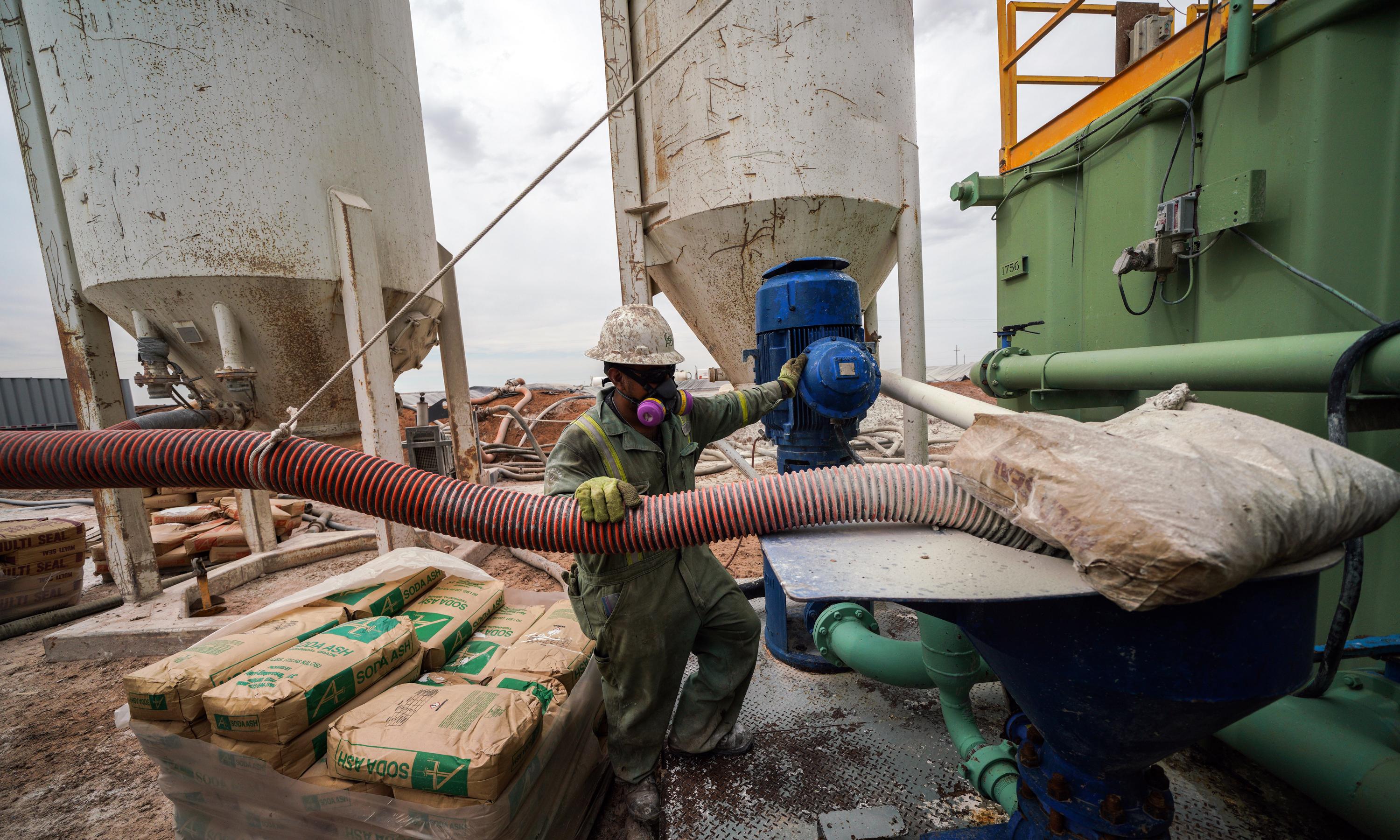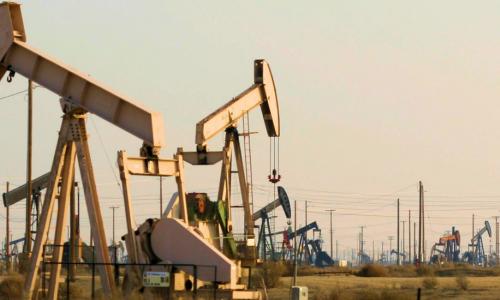Table of Contents
The United States uses a phenomenal amount of oil—with significant costs to our health, climate, and economy.
Every day, Americans burn through roughly 20.5 million barrels of gasoline, diesel, and other oil-based fuels—enough to fill more than a 1,000 Olympic-sized swimming pools.
More than two-thirds of this oil powers our cars, trucks, planes, and trains, but it comes at a cost. Transportation is now the largest source of US global warming emissions, and is heavily linked with asthma, bronchitis, and cancer.
To hit even moderately ambitious climate targets—and to transition into a cleaner, healthier way of moving people around—the transportation system needs to dramatically reduce its oil use within the next few decades.
Air pollution and human health
More than 40 percent of Americans—an estimated 140 million—are exposed to unhealthy levels of air pollution. Much of that pollution comes cars and trucks, which release nitrogen oxides, particulate matter, and other toxic, smog-forming emissions.
The health risks of air pollution are extremely serious. Poor air quality increases respiratory ailments like asthma and bronchitis, heightens the risk of life-threatening conditions like cancer, and burdens our health care system with substantial medical costs. Particulate matter is singlehandedly responsible for up to 30,000 premature deaths each year.
Transitioning to cleaner fuels in the United States is a key strategy to reduce these impacts.
Cars and global warming
The US transportation sector—which includes cars, trucks, planes, trains, ships, and freight—produces nearly thirty percent of all US global warming emissions, more than any other sector. Cars and trucks account for nearly one-fifth of US emissions, emitting around 24 pounds of carbon dioxide and other global-warming gases for every gallon of gas. About five pounds comes from the extraction, production, and delivery of the fuel, while the great bulk of heat-trapping emissions—more than 19 pounds per gallon—comes right out of a car’s tailpipe.
To effectively battle climate change, the United States will need to cut its use of oil, and transition to alternative technologies and fuels—and soon.
Drilling and fracking
Turning oil into fuel is a complex process, with environmental and human impacts at every stage. Oil is extracted by drilling, fracking, or mining. Drilling is closely associated with oil spills and accidents, like the 2010 Deepwater Horizon disaster, while fracking is linked with toxic water and air pollution, methane leaks, and earthquakes.
Once extracted, crude oil is transported via pipelines, barges, tankers, trains, and trucks to processing facilities where it's refined into usable products. Oil spills during transportation are increasingly common and difficult to clean up, while refining the oil can be very energy intensive.
The less oil we use, the fewer of these impacts we’ll suffer.
Disinformation
More than 30 years ago, scientists at ExxonMobil and other oil and gas companies considered how climate change should factor into decisions about new fossil fuel extraction. Their concerns echoed the latest science of the time, which showed an increasing link between fossil fuels and global warming.
Instead of acting, the industry engaged in a three-decades-long campaign against climate action. Their tactics included everything from counterfeit science, to the harassment of scientists, to manufactured uncertainty with no scientific basis.
Today, many oil companies and trade associations continue to spread disinformation and obstruct climate policies. All of them are aware of the role their products play in climate impacts.
To effectively combat climate change, and reduce the harmful consequences of oil use, we need to mitigate the political power of oil companies. You can help.






